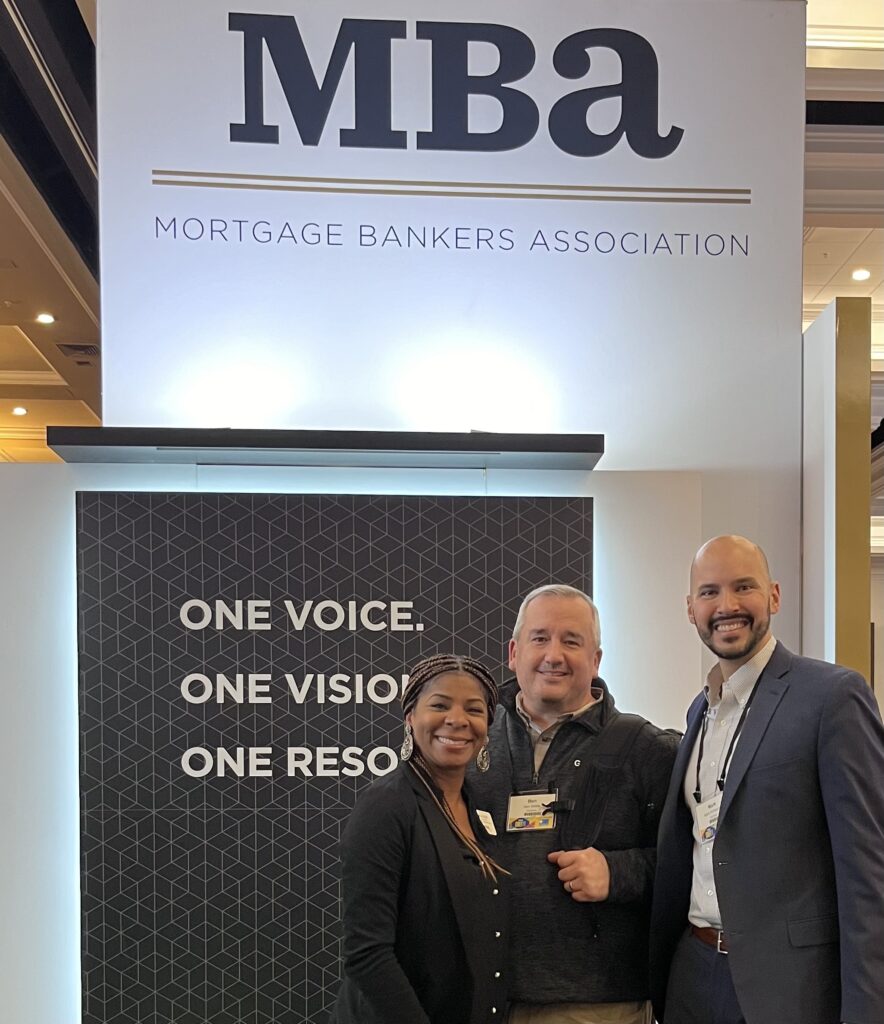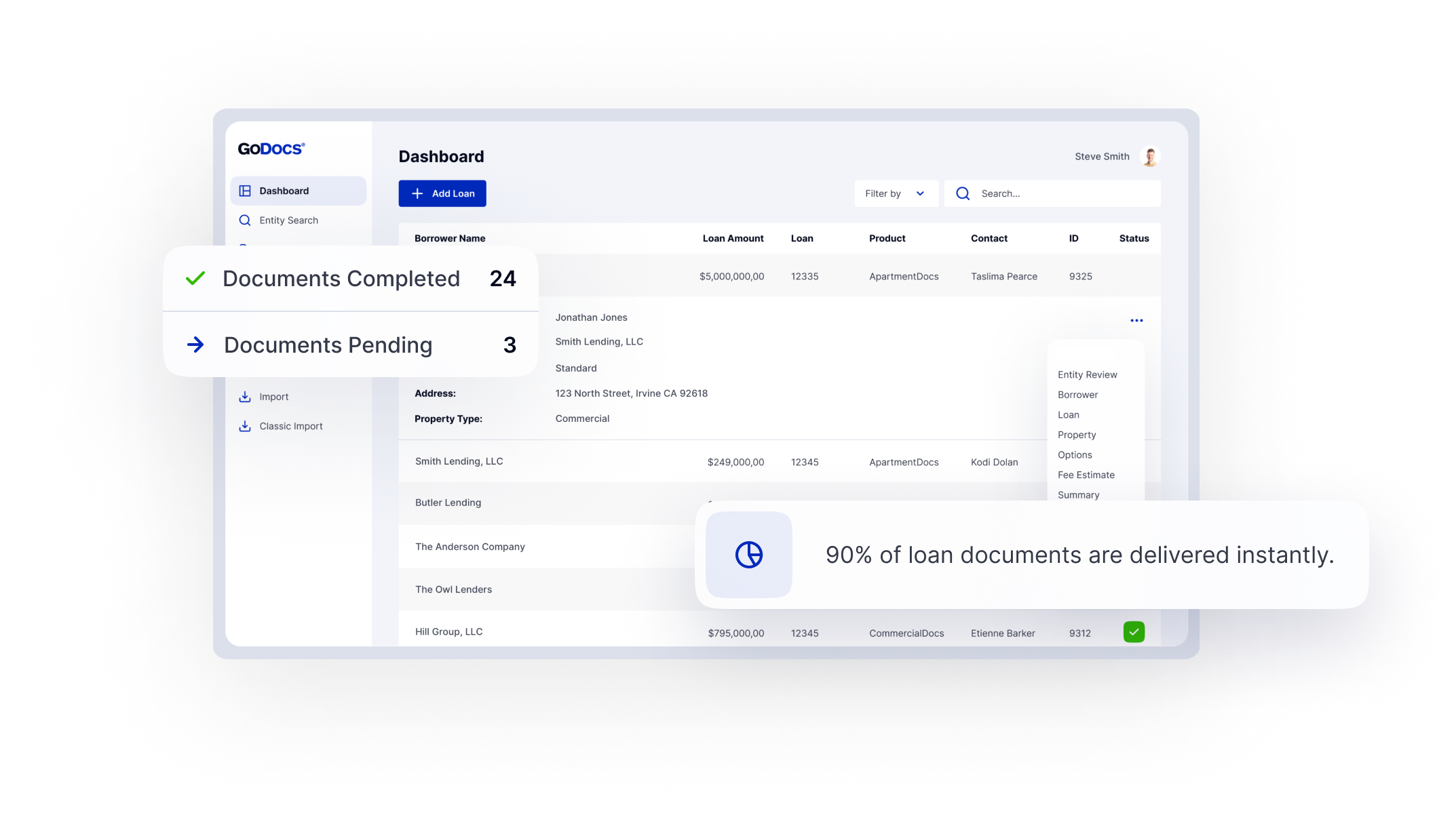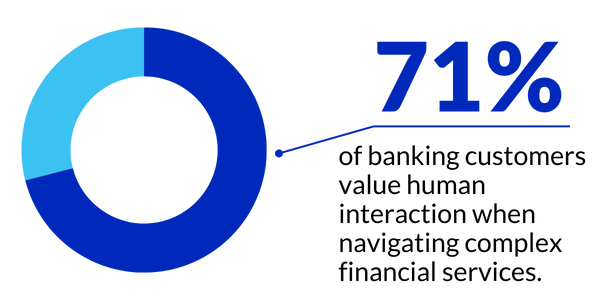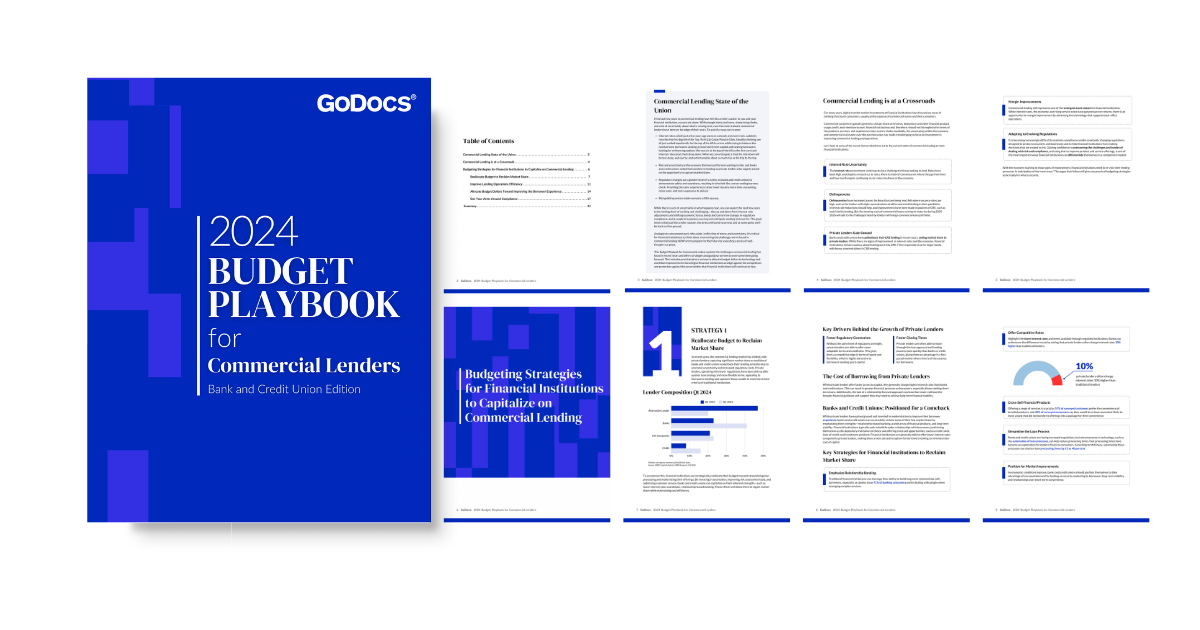The GoDocs team is back from sunny San Diego after attending MBA CREF24, the premier event for commercial and multifamily finance professionals. This bustling conference provided unrivaled access to industry insights, networking opportunities, and expert panel discussions, offering a comprehensive overview of the latest trends and strategies shaping the commercial lending landscape.

Highlights from Panel Sessions
The panel discussions held during MBA CREF24 explored the intricacies of commercial lending, providing a panoramic view of the challenges and opportunities that shape the industry. The sessions covered a wide range of topics, including navigating the complexities of the property insurance crisis and adapting lending practices to the current rate environment. Each session provided valuable insights into the evolving landscape of commercial real estate finance.
Experts shared their perspectives on construction lending trends, the future of the office sector, and the impact of regulatory changes on banking practices. Their discussions highlighted the importance of innovation and adaptability in this ever-changing environment.
The Impact of Bank Regulation Changes
The commercial lending sector has been abuzz with news, reflecting a mix of concerns and cautious optimism. One such news article highlights Janet Yellen’s worries about Commercial Real Estate but assures regulatory oversight, while another acknowledges manageability but warns of lingering challenges. Washington is closely monitoring, aiming for industry stability, but questions remain about the effectiveness of proposed changes. The aftermath of the lending spree in 2021 and 2022 sees many loans not paying off, burdening smaller banks with stagnant assets. Larger banks are adjusting strategies and expanding cautiously while managing risks. The industry braces for rising criticized loans in 2024, compounded by concerns over BASEL III Endgame regulations. Despite some positive aspects, such as risk-weighted tiers, the proposal raises industry apprehensions, particularly the cross-default provision. As 2024 unfolds, it’s seen as pivotal, with potential collapses and regulatory pressures during an election period. Adaptation and collaborative dialogue will be crucial for banks to navigate the challenges ahead and foster stability amidst evolving economic landscapes.
Loan Modification & Workouts in an Increasing Rate Environment
Early intervention is essential to prevent loan defaults. Factors that contribute to defaults include inflation, property condition, maturity, and other issues. It is projected that delinquency due to maturity default will exceed 4% this year, prompting regional banks to modify loans more actively.
Office loans are a significant driver of defaults, but Fannie Mae is not concerned about foreclosure. Lenders should take a holistic approach, assessing asset strengths, sponsor capabilities, and property performance metrics. These factors inform tailored modification strategies that align with borrower and lender interests.
Navigating the Future of the Office Sector
The office lending sector finds itself at a critical juncture, with challenges stemming from both demand and financing, which vary across different markets. For instance, while Miami’s office lending sector celebrates significant milestones, Boise grapples with a scarcity of office space, highlighting underlying demand-side issues. The rise of hybrid work models is reshaping office space requirements, with quality assets demonstrating resilience. Despite interest rate cuts, skepticism lingers, influencing perceptions of office deals. Transitioning to other real estate sectors like multi-family or self-storage projects is seen as a potential solution. However, that comes with its own challenges, emphasizing the importance of adaptation and resilience amidst uncertainties.
Construction Lending and Adaptive Reuse
With private lenders taking on a more prominent role in construction and adaptive reuse financing, the CRE landscape is witnessing significant changes. Traditional banks, facing challenges like rising rates and market shifts, are pulling back, leaving space for innovative approaches from private lenders. While deal quality may be decreasing, demand for financing remains strong, especially for adaptive reuse projects converting properties into affordable housing. This trend showcases creativity and addresses critical housing shortages. However, challenges persist, particularly in complex conversions like office to multifamily buildings.
Despite supply chain disruptions affecting construction, the outlook for lending in 2024 remains positive, with private lenders offering tailored financing solutions. As banks deal with legacy issues, private lenders are better positioned to cater to evolving market needs. Overall, the industry emphasizes agility, creativity, and collaboration as key drivers for success in real estate financing.

Digital Transformation in Commercial Lending
Amidst these insightful discussions, it’s clear that the broader commercial lending landscape is undergoing a period of digital transformation. As interest rates rise and market dynamics evolve, lenders are seeking innovative solutions to streamline processes and enhance efficiency. GoDocs stands at the forefront of this digital revolution, offering cutting-edge solutions that empower lenders to navigate the complexities of commercial lending with confidence and agility.
As MBA CREF24 draws to a close, the insights gleaned and connections forged serve as invaluable assets in driving excellence in commercial lending. With innovative solutions like GoDocs leading the way, the future of CRE lending is ripe with possibilities. As we bid farewell to San Diego and reflect on the wealth of knowledge gained, one thing remains clear: the journey towards innovation and efficiency in commercial lending continues, fueled by collaboration, adaptability, and a shared commitment to driving positive change in the industry.
GoDocs: The Automation Solution for CRE Loans
GoDocs is a pioneer in automating commercial loan document generation and offers an advanced software solution to banks, credit unions, and private lenders. Our cloud-based system provides a flexible and frictionless process for closing commercial loans, and is the only system of its kind in the market.
GoDocs documents are trusted by industry-leading commercial lenders and supported by a highly skilled onshore team of specialists, ensuring a seamless experience for our users. By utilizing GoDocs’ sophisticated automation tools, commercial lenders can streamline their loan documentation processes, reduce errors, and improve efficiency. Our software can handle any commercial loan pipeline size while mitigating risk automatically.
GoDocs customers achieve 5-7x productivity and 3x loan volume by effortlessly expanding loan types and entry into new states with seamless automation.
Unrivaled Loan Modification Automation
In addition to CRE, our ModDocs® solution offers a cost-effective and highly efficient alternative to traditional attorney services for modifying loan documents. Our smart automation is compatible with any attorney or system used to draft the original documents and can execute any scenario, no matter how complex. From extending maturity dates to changing loan types or adding cash agreements, ModDocs® from GoDocs provides a comprehensive solution. Our commitment to innovation and excellence has made us the preferred choice for lenders who seek to optimize their loan processing procedures.
Experience the Future of Commercial Loan Document Automation
Discover GoDocs, the leading SaaS solution powered by the sharpest legal minds in CRE! Schedule a demo today to elevate your lending process and to gain your competitive advantage.








